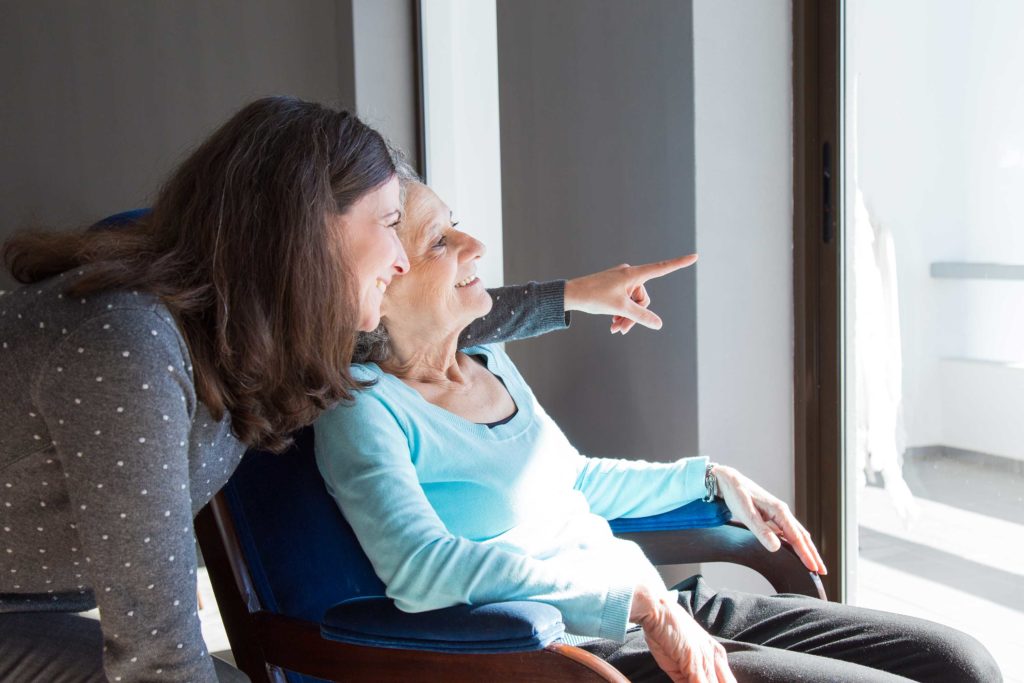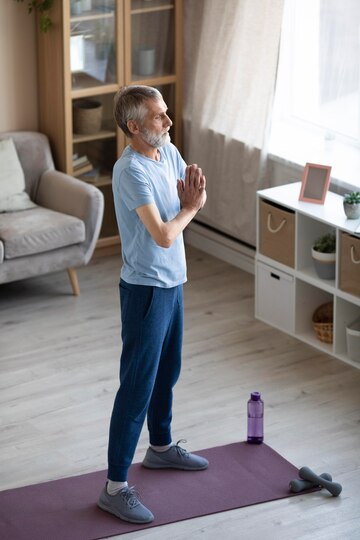Caring for a Loved One with Dementia: Tips and Strategies
Taking care of a loved one who is dealing with this condition can be rewarding, yet difficult, whether they are an elderly parent or family member living with the condition. It’s normal to feel overwhelmed without the proper advice and support. There are many strategies and tips available to support families and caregivers in providing the best possible care for their loved one dealing with this progressive illness. We will provide you with information about caring for your loved one with dementia with tips and strategies, in order to make life easier for both you and your loved one.
1. Try to understand the condition
By learning as much as possible about it, caregivers gain the knowledge to make well-informed decisions for their family member. Read resources or watch videos to educate yourself, resources such as Alzheimer’s Society and Alzheimer’s Research UK can be invaluable sources of information and guidance.
This will help you to understand it in detail which will leave you in a better position to help your loved one. The more you know about it, the more you can provide support and care for them. It is also beneficial to learn about the 4 different types of the condition and their symptoms:
Understanding the basics, such as its onset and progression, can help families realise that it’s normal for loved ones living with it to have changes in mood and behavior.
Did You Know?
There are 64,142 people currently living with the condition in Ireland.
This number is expected to rise alongside an aging population to 150,131 by 2045.
2. Simplify the environment
Simplifying the environment can be a challenge for many caregivers but it is very beneficial as it will avoid confusion and unwanted accidents, such as falls and injuries. As families of patients want a comfortable and safe environment for their loved ones, simplicity can be key in fostering a peaceful home.
Living in an overly stimulating setting with excess clutter, loud noises or bright lights could cause their loved one to become confused. It becomes difficult to make sense of immediate surroundings causing distress.
There are three simple steps to take in simplifying the home:
1. The first step is to put objects and items away that can cause confusion and stress. This means removing them from walkways when they are not needed, preventing falls.
2. Keeping the environment clean and uncluttered is key. Cleaning often will create a more structured environment for your loved one where they can feel at ease and comfortable inviting guests over, allowing them to remain sociable.
3. Place colourful labels on items and drawers. This saves time and confusion when looking for certain items and will help with memory loss if they forget where they left something.
3. Communicate effectively
For families and caregivers of sufferers, communication is essential in order to maintain a meaningful connection. Having a positive outlook and creating a loving atmosphere will boost morale. Allowing plenty of time for answering questions when communicating and using physical prompts such as gestures can be very effective also. It’s important to remain patient and kind while ensuring your loved one feels respected and valued throughout any conversation taking place.
Tips on Communicating:
• Speak in a calm and reassuring manner.
• Use simple, clear language.
• Be patient and understanding.
• Maintain eye contact.
3. Activity participation
One of the best ways to care for your loved one is to help them remain active. This can mean getting them involved in day-to-day tasks in and around the home. Providing activities can improve the quality of life of both them and their families and caregivers.
Families should first consult with their elderly loved one’s medical professionals to tailor activities based on their individual care plan. These activities should be enjoyable and encourage socialisation, helping the patient retain mental sharpness and muscle strength. Visually stimulating activities, activities that refine visual perception skills and involve the brain processing what the human eye sees, can be extremely beneficial.
Activities that provide visual stimulation include:
Activities are an essential component in the treatment of this condition; engaging in them can strengthen relationships when they are carried out together and provide peace of mind for families.
At Care 24-7, we aspire to support people living with this condition to live healthy, active and fulfilling lives promoting choice, dignity and well-being.

Caring for a loved one with this condition may seem like an impossible task but with the various strategies above and different resources available, it can be manageable. The family’s love and support can go a long way to comforting their loved one.
Homecare plays an integral part in helping to maintain quality of life while managing the physical and emotional needs of those living with this condition. It is important to help maintain comfort, safety, and quality of life for all involved.
















